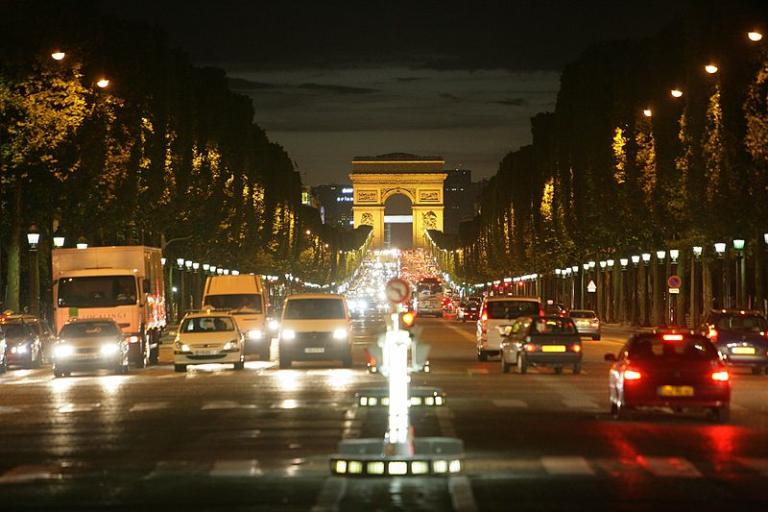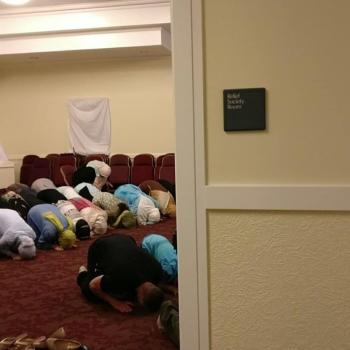
A passage in Graham E. Fuller, A World Without Islam (New York, Boston, and London: Little, Brown and Company, 2010) that I marked because I want to discuss this topic in the book manuscript on which I’m now working:
What is most disturbing is that we now face quite extraordinary remarks from an entire class of right-wing ideologists who actually challenge the fundamental humanity of Muslims — as products of a culture that is fundamentally incapable of joining global civilization — as if Islam had had no major part in creating it. Has this kind of charge ever been leveled against any other civilization in the past? Such language was indeed invoked against Jews during the terrible nineteenth- and twentieth-century pogroms in Eastern Europe that led to mass slaughter. And in those cases, of course, it was not mere ethnic discrimination; entire racist theories were spun about Jews as a culture. Such events are still within living memory.
We now hear seemingly serious discussions about whether Muslims are capable of modernization, whether they have excluded themselves from modernity, whether basically there is a place for them at all in the West. Fears are openly expressed that Muslims plan to take over the West demographically; that they plan to impose Islam; and that a militant Islam will sweep away the enfeebled Christianity practiced by ineffectual Europeans, who in their heady liberalism lack any will to resist. Battle lines have been drawn by some and the banners raised high. Worryingly, there could indeed be a reprise of the Jewish experience, and Muslims have very much become the new Jews in European society, in many senses. It is noteworthy that quite a number of Jews themselves recognize in the current campaigns of Islamophobia hints of the same mentality and mood of pre-Nazi Germany and the European pogroms; greatly to their credit, they find it frightening and speak out.
What of the frequently debated issue of Muslim problems with secularism? The very existence of a “Muslim” identity, especially in France, challenges the French notion of secularism, or laïcité. Laïcité does not imply strict legal separation of church and state as in the United States, but rather state control of religion. This strict secularism has caused France to clash with its Muslim population in several areas, especially education, where the state does not tolerate personal religious expression in public school; hence girls by law are not allowed to wear headscarves — a major issue of concern, and cultural symbolism, for the Muslim community. The presence of a large new minority to whom religion matters a great deal — as a symbol of identity — has forced the French, and Europeans in general, to rethink the meaning of laïcité when the imperatives of multiculturalism now clash with French secularism. Europeans, who have a generally low rate of religiosity, are now forced to reexamine the role of religion in society and the life of the community. The issue is sometimes a painful one, with the resurrection of an issue that Europeans believed they had put to bed after the bloody “religious wars” of the past. (202-203, italics in the original)












